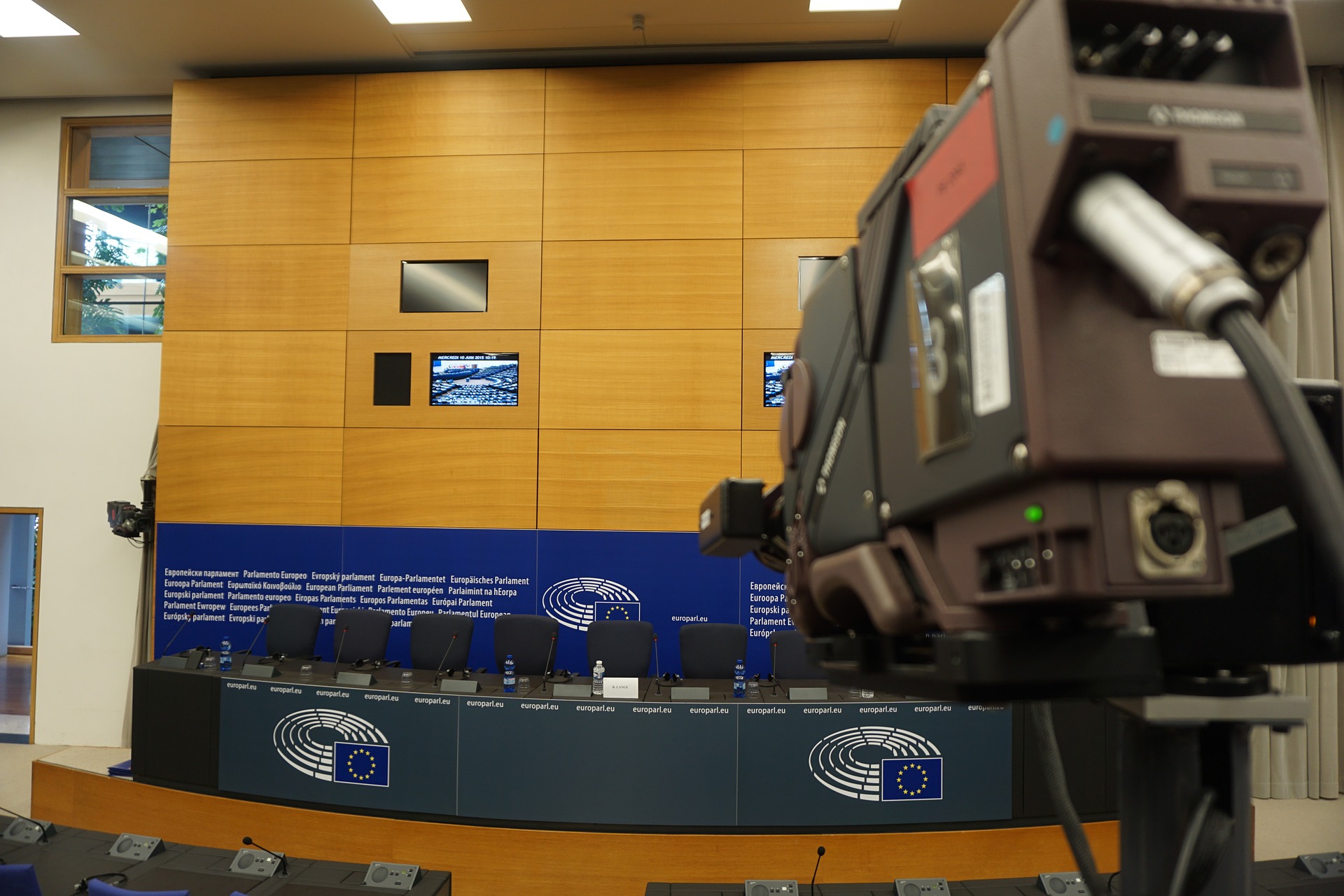Letter to the European Parliament ENVI Committee on RED

Download the PDF version of this letter
To: Members of the ENVI Committee of the European Parliament
Subject: Why it is essential to set sustainability criteria for the use of waste, residues and (by) products for energy in the RED II
Brussels, 27 September 2017
Dear Members of the ENVI Committee of the European Parliament,
We urge you to support the amendments Nr 902 and related amendments (690, 695, 696) due to be voted October 11-12 in the ENVI committee, so that new sustainability criteria for the use of municipal and industrial wastes, residues and (by) products for energy are introduced.
|
Article 26 – paragraph 8 a (new) – Sustainability and greenhouse gas emissions saving criteria for biofuels, and bioliquids and biomass fuels The production of biofuels, bioliquids and biomass fuels produced from waste, (by)products and residues, other than agricultural, aquaculture, fisheries and forestry residues, taken into account for the purposes referred to in points (a), (b), and (c) of paragraph 1 shall be in line with the principle of the waste hierarchy and avoid significant distortive effects on markets for (by)products, wastes or residues. The Commission shall adopt a delegated act set in accordance with article 32 establishing detailed rules on the application of this paragraph. |
This amendment is key to ensure that the use of municipal and industrial waste, residues and (by) products for energy generation are in line with the principle of the EU waste hierarchy, and to avoid any market distortion for waste, residues and (by)products.
In addition, voting in favour of the amendment Nr 902 is pivotal to ensure the alignment of the RED II with the circular economy package, as well as with the recent Commission’s communication on the role of the waste-to-energy in the circular economy.
Signed by:
Amigos de la Tierra (Spain)
Bond Beter Leefmilieu (Belgium)
2Celsius (Romania) Collectif 3r (France)
Ecological Recycling Society (Greece)
ECOS (European)
European Compost Network (European)
European Environmental Bureau (European)
Friends of the Earth Europe (European)
Društvo Ekologi brez meja (Slovenia)
Health Care Without Harm (European)
Humusz Szövetség (Hungary)
Institute for Circular Economy (Poland)
Polish Zero Waste Association (Poland)
Rettet den Regenwald (Germany)
United Kingdom Without Incineration Network (The United Kingdom)
VšĮ „Žiedinė ekonimika“ (Lithuania)
Za Zemiata (Bulgaria)
ZERO – Associação Sistema Terrestre Sustentável (Portugal)
Zero Waste Europe (European)
Zero Waste France (France)
Zero Waste Montenegro (Montenegro)
Zero Zabor ibe Basque Country (Spain)